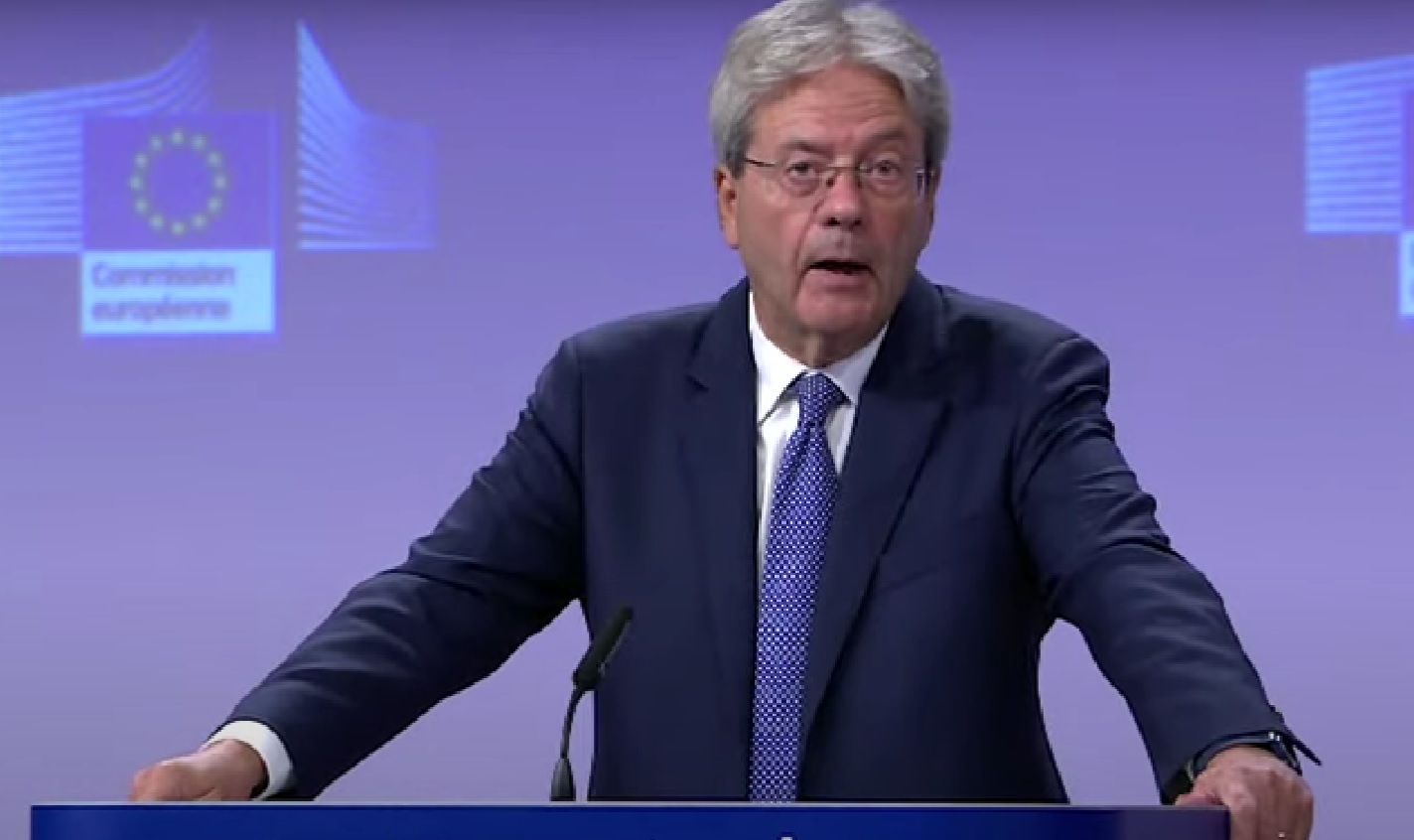Italy
The European Commission reintroduces budget constraints for member states. Strong criticism of Commissioner Gentiloni

No consensus has been reached on new budget rules for EU countries, prompting the European Commission to revert to the antiquated regulations from 1992, a time when economic conditions markedly differed.
The reinstatement of the 3% deficit/GDP ratio and 60% debt/GDP ratio limits in states’ budgets, along with the revival of excessive deficit procedures, may seem like a return to austerity measures. However, it is crucial to note that debt reduction, intertwined with ongoing reform discussions between states, will adopt a gradual, concrete, credible, and, most importantly, differentiated approach tailored to each country. Despite the appearance of a softened stance, this decision introduces an element of political influence, with the realistic risk that the Commission may exhibit leniency towards countries of similar political leanings and enforce strict measures on those with differing political orientations.
As referred by RaiNews, European Economy Commissioner Paolo Gentiloni, Italian, emphasized the need to acknowledge the post-pandemic reality and the ongoing conflict in Ukraine, calling for reflection on the ongoing preparation for a major revision of these rules. He mentioned that the country-specific fiscal recommendations for 2024, scheduled for May presentation, will incorporate quantitative requirements and qualitative guidance on investment and energy measures. These recommendations will be aligned with reform guidelines and based on net primary expenditure, differentiating requirements according to the debt sustainability challenges of Member States while adhering to current legislation.
In base a quale criterio o evidenza? #Gentiloni #SGP #eurozona https://t.co/ugTeDoKslV
— Marco Zanni (@Marcozanni86) November 15, 2023
Gentiloni’s endorsement of the 3% limit criterion for the deficit/GDP ratio, a feature criticized in the old Maastricht pacts of 1993, was met with skepticism by some. This criterion, which lacked a logical explanation in the early 1990s and was seemingly adopted from French budgetary rules without specific economic justification, drew criticism from Antonio Maria Rinaldi, an economist, MEP for the Lega Nord, and member of the ECON parliamentary committee. Rinaldi questioned Gentiloni’s statements about the expected increase in countries with a deficit above 3% of GDP, highlighting potential discrepancies with the new Stability Pact being negotiated.
“Commissioner Gentiloni’s statements about the number of countries with a deficit above 3% of GDP that is set to increase, from 10 in 2022 to 12 in 2023 and 13 in 2025, unfortunately do not coincide with what is being decided on the new Stability Pact. If the new pact does not deviate in its pro-cyclical effects from the current and suspended pact, the figures provided by Gentiloni will certainly be worse’. “In particular, the debt reduction trajectory, envisaged on a country-by-country basis, would emphasise the pro-cyclical nature, just as the failure to consider the possibility of decoupling from the deficit calculation the investments envisaged in debt by the EU, if only in a small part, will not contribute to improving growth and lowering debt. If we do not have the ability to formulate an effectively sustainable Stability Pact, we will have the paradox of preferring the old pact, which in fact no one respects” said Mr Rinaldi
Rinaldi expressed concerns about the pro-cyclical effects of the new pact, emphasizing potential issues with the debt reduction trajectory on a country-by-country basis. He noted that failure to consider the possibility of decoupling investments envisaged in debt by the EU from deficit calculations could hinder growth and debt reduction
The inherent risk in applying rigid budgetary criteria, particularly when influenced by political considerations, is the hindrance of expansionary policies precisely when they are needed, potentially exacerbating recessions. Acknowledging the heterogeneity of European economies, Rinaldi advocates for a departure from overly stringent or lax criteria, allowing nations the freedom to chart their unique paths to growth.






